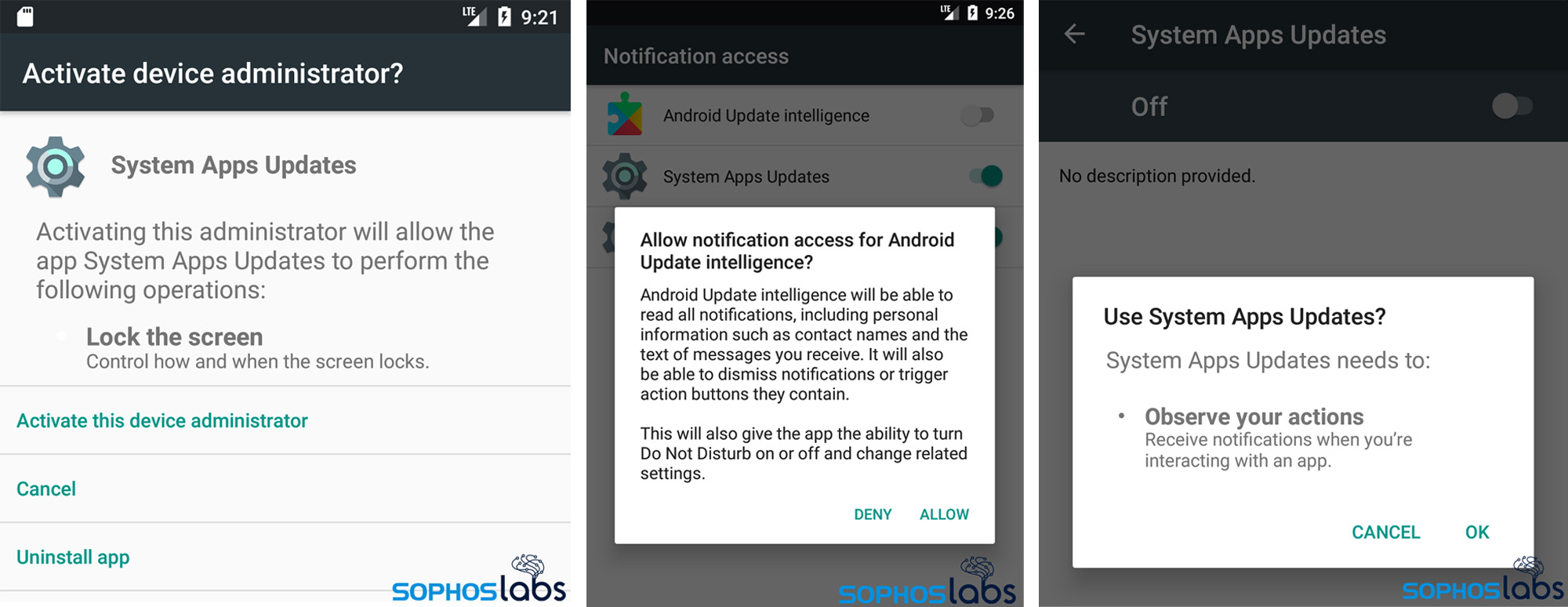News
New Variants Of Android Spyware Are Targeting Middle East Users
Sophos recommends Android users to never install apps from untrusted sources and avoid ignoring available OS and app updates.

British security software and hardware company Sophos has recently revealed that new variants of Android spyware used by the C-23 group are actively targeting users in the Middle East.
C-23, also known as GnatSpy, FrozenCell, or VAMP, is what cybersecurity professionals refer to as an advanced persistent threat (APT) adversary. Such adversaries are typically well-funded and well-organized, which allows them to quickly evolve their tactics to overcome even the most sophisticated cybersecurity defenses.
The C-23 adversary has been known for targeting individuals in the Middle East since at least 2017, with a particular focus on the Palestinian territories.
The latest variants of its Android spyware are most likely distributed via a download link sent to victims as text messages. The link leads to a malicious app that pretends to install legitimate updates on the victim’s mobile device. When the app is launched for the first time, it requests a number of permissions that let it spy on the victim. It then disguises itself to make removal more difficult.

“The new variants use more, and more varied, disguises than previous versions, hiding behind popular app icons such as Chrome, Google, Google Play, YouTube, or the BOTIM voice-over-IP service” explain Sophos. “If targets click a fraudulent icon, the spyware launches the legitimate version of the app, while maintaining surveillance in the background”.
Also Read: Dubai Establishes $272 Million Future District Fund To Attract Tech Companies
The information the new spyware can steal includes everything from text messages to the names of installed apps to contacts from all kinds of apps, including Facebook and WhatsApp. The spyware can even dismiss notifications and toggle “Do Not Disturb” settings.
Sophos recommends Android users to never install apps from untrusted sources and avoid ignoring available OS and app updates. The company’s own mobile antivirus app, called Sophos Intercept X for Mobile, can detect the new spyware as well as all kinds of other malicious software.
News
Rabbit Expands Hyperlocal Delivery Service In Saudi Arabia
The e-commerce startup is aiming to tap into the Kingdom’s underdeveloped e-grocery sector with a tech-first, locally rooted strategy.

Rabbit, an Egyptian-born hyperlocal e-commerce startup, is expanding into the Saudi Arabian market, setting its sights on delivering 20 million items across major cities by 2026.
The company, founded in 2021, is already operational in the Kingdom, with its regional headquarters now open in Riyadh and an established network of strategically located fulfillment centers — commonly known as “dark stores” — across the capital.
The timing is strategic: Saudi Arabia’s online grocery transactions currently sit at 1.3%, notably behind the UAE (5.3%) and the United States (4.8%). With the Kingdom’s food and grocery market estimated at $60 billion, even a modest increase in online adoption could create a multi-billion-dollar opportunity.
Rabbit also sees a clear alignment between its business goals and Saudi Arabia’s Vision 2030, which aims to boost retail sector innovation, support small and medium-sized enterprises, attract foreign investment, and develop a robust digital economy.
The company’s e-commerce model is based on speed and efficiency. Delivery of anything from groceries and snacks to cosmetics and household staples is promised in 20 minutes or less, facilitated by a tightly optimized logistics system — a crucial component in a sector where profit margins and delivery expectations are razor-thin.
Despite the challenges, Rabbit has already found its stride in Egypt. In just over three years, the app has been used by 1.4 million customers to deliver more than 40 million items. Revenue has surged, growing more than eightfold in the past two years alone.
Also Read: Top E-Commerce Websites In The Middle East In 2025
CEO and Co-Founder Ahmad Yousry commented: “We are delighted to announce Rabbit’s expansion into the Kingdom. We pride ourselves on being a hyperlocal company, bringing our bleeding-edge tech and experience to transform the grocery shopping experience for Saudi households, and delivering the best products – especially local favorites, in just 20 minutes”.
The company’s growth strategy avoids the pitfalls of over-reliance on aggressive discounting. Instead, Rabbit leans on operational efficiency, customer retention, and smart scaling. The approach is paying off, having already attracted major investment from the likes of Lorax Capital Partners, Global Ventures, Raed Ventures, and Beltone Venture Capital, alongside earlier investors such as Global Founders Capital, Goodwater Capital, and Hub71.
























